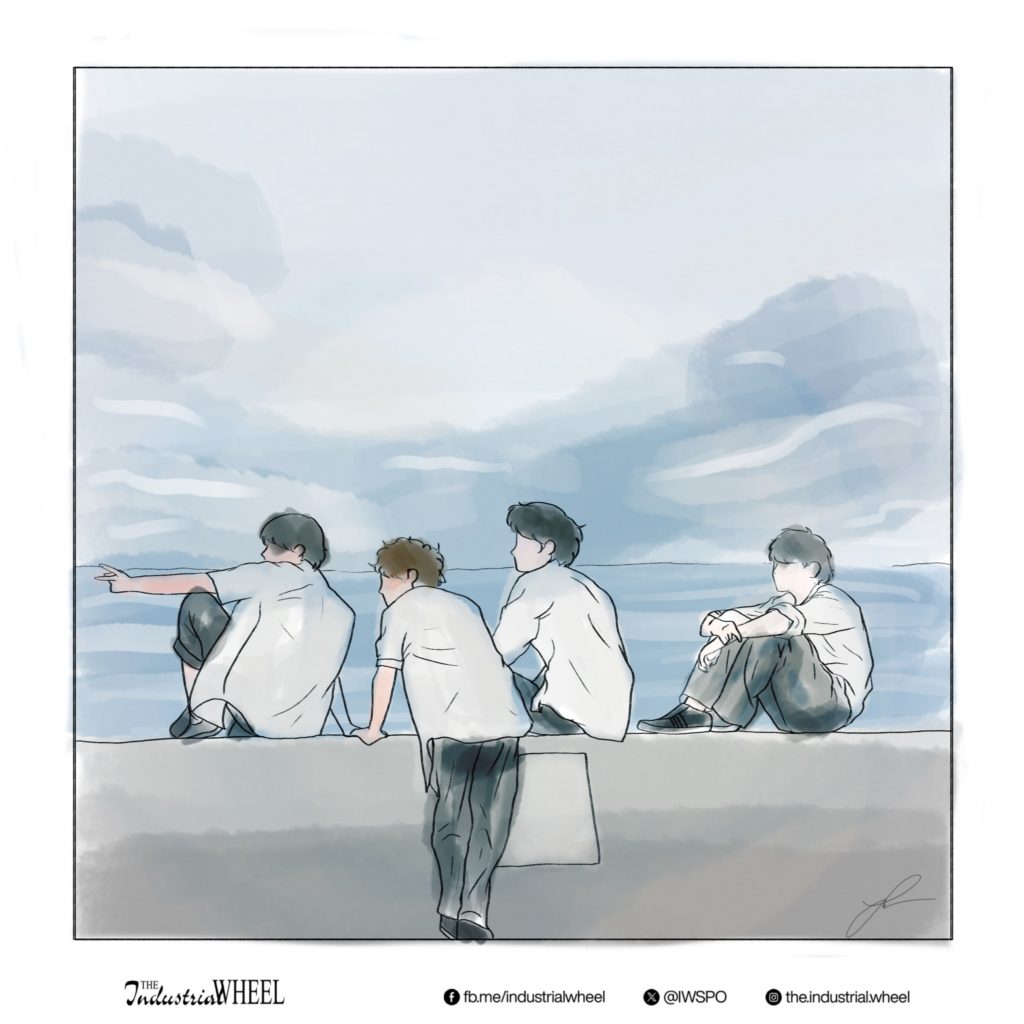
Do you have a friend? A friend with whom you can genuinely enjoy their company, rely on for anything, share even the smallest moments, and have the deepest bonds?
In our generation today, we have come to realize the importance of platonic love in our lives. We’ve always associated the word ‘love’ with the romantic kind, but we should understand that it shouldn’t always be the case, as love can be formed in many ways. It’s a paradox, but sometimes it is easy to understand.
But how do we develop a deeper understanding of how platonic relationships work and how they differ from romantic ones, even though they share similarities?
We often search far and wide in hopes of finding the person with whom we could share a romance—the kind we see in movies and read about in books—but we sometimes overlook the parts where protagonists experience love that doesn’t always involve the chosen love interest.
It is the same in real life. We meet different people throughout our lives, and they impact us in many ways. It is more than just the people we meet and talk to every day—it is a friendship that goes beyond casual acquaintances, a bond where you can love someone without being their lover. It is a special connection you can have with one person or multiple people, but it can’t be with just anyone. Why?
It’s the same as the romance we experience or want to experience—it can’t just be with anyone we come across. Rather, it’s someone with whom you have spent endless nights talking on the phone, sharing moments throughout the day, someone you can call any time you need support, someone you instantly click with, and someone whose company you enjoy without feeling the need for anything more than what you already have.
That is the beauty of platonic love—there’s no pressure, no need for labels, just you and them existing in each other’s worlds. You can share all of the happiest news, the funniest and silliest jokes, learned lessons, and wisdom. You can also cry with them through your highest and lowest moments, being open and vulnerable with each other without feeling guilty about it.
You can share so many similarities with this person, and it becomes a bond that no one can break—whether it be a love for books, art, writing, music, or movies. Yet, you can also learn a lot from someone who is the exact opposite of you. You learn to adapt to each other, and somehow, it makes you inseparable.
You protect and respect each other wholeheartedly, offering endless support, strength, and heart-to-heart conversations.
It’s almost like finding your soulmate, but in a different form—a deep bond of friendship, a profound and immediate connection, someone who recognizes you on a deeper level than anyone else.
How will you know? You’ll eventually feel it—you’ll just know. Sometimes, we don’t even realize that it’s something we need in our lives.
However, this does not mean that romantic love or familial love is less important than platonic love. All forms of love are significant, and each carries its own depth of affection and connection. But sometimes, we experience love in different ways—through those closest to our hearts and those who hold them.
Platonic love is a simple reminder that not every special and close relationship needs to have sexual tension or pressure to become something more. It is a connection where you can genuinely lean on each other, enjoy each other’s company, and most of all, cherish the bond you share.
Love comes in many forms and is expressed in different ways. Sometimes, we don’t have to search far and wide to find our soulmates—they may already be the friends we meet along the way or even the family we find in them.
If you ever find your platonic soulmate, learn to appreciate them and be grateful, because platonic love is as rare as finding a romantic partner.
Article by Princess Anne Adona
